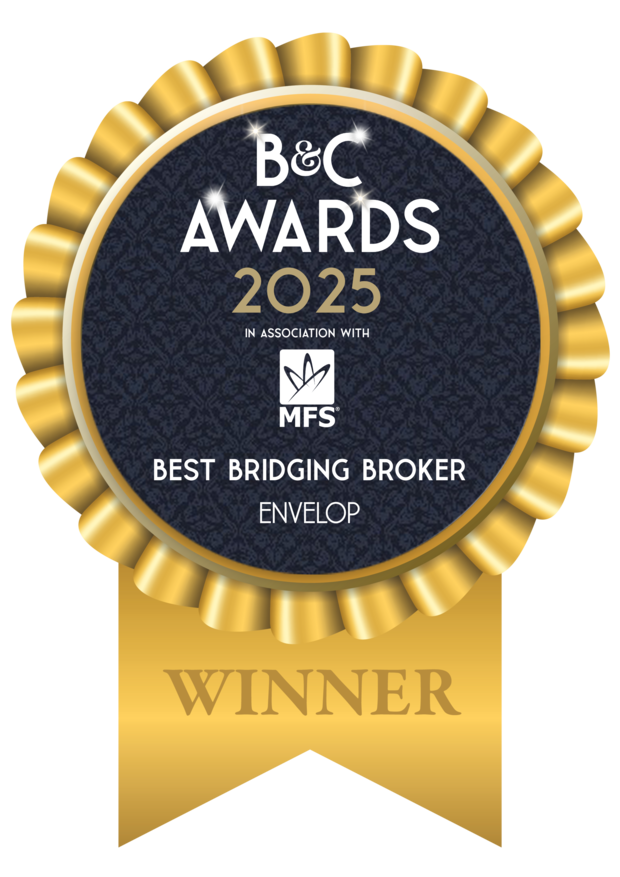Buy to Let Mortgage FAQ

Answers to the most common questions from UK landlords
Thinking about becoming a landlord or expanding your rental portfolio? We speak to new and experienced investors every day, helping them navigate the buy-to-let mortgage process with clarity and confidence.
Below, we answer some of the most frequently asked questions about buy-to-let mortgages so you can move forward with the right information.
The minimum deposit for a buy-to-let mortgage is typically 25 percent of the property’s value. This means if you're buying a property for £200,000, you'll usually need at least £50,000 as a deposit.
Some lenders may accept a slightly smaller deposit, such as 20 percent, but this amount often comes with higher interest rates and stricter lending criteria. A larger deposit may help you secure better terms and lower monthly repayments.Business finance, on the other hand, typically covers unsecured funding for operational needs; such as cash flow loans, asset finance, invoice finance or working capital.
In short:
- Commercial finance = secured lending linked to property
- Business finance = unsecured lending for day-to-day business activity
No, not all buy-to-let mortgages require exactly a 25 percent deposit, but it is the most common benchmark. Some lenders offer products at a 20 percent deposit, while others may require 30 or even 40 percent depending on the property type, borrower profile, or market conditions.
Higher loan-to-value lending may be limited to experienced landlords or standard residential buy-to-lets. If you're investing in HMOs, student lets, or flats above commercial premises, expect lenders to ask for more equity upfront.
Yes, you pay stamp duty on buy-to-let purchases, and there is an additional 3 percent surcharge on top of standard residential stamp duty rates. This applies to second homes and investment properties in England and Northern Ireland.
For example, if you're buying a £300,000 buy-to-let property, you will pay the standard rate plus the 3 percent surcharge on the full purchase price. Always factor this into your overall investment costs.
Unlike residential mortgages, buy-to-let mortgage affordability is primarily based on the rental income of the property rather than your personal salary. That said, most lenders still expect a minimum income to ensure financial stability.
Typically, lenders require applicants to earn at least £25,000 per year. If you're below this threshold, your options may be limited, but some specialist lenders will consider lower-income applicants if the rental income is strong enough.
No, you cannot live in a property that is financed with a buy-to-let mortgage. These mortgages are specifically designed for rental purposes, and living in the property would breach the mortgage terms.
If your situation changes and you want to move into the property, you must speak to your lender first. In many cases, you will need to remortgage to a residential product before doing so.
Buy-to-let can still be worth it in 2025, depending on your strategy and how well you manage your costs. Rising interest rates, tax changes, and regulatory pressures have made it more important than ever to treat property investing as a business.
That said, rental demand remains strong across much of the UK, and well-located, sensibly leveraged buy-to-let properties can still deliver solid long-term returns. Working with a good broker and keeping up to date with market trends can help you make informed investment decisions.
Want to know more about buy to let mortgages?
Criteria
FAQs
Calculator
Application
Apply for a buy-to-let mortgage
Whether you’re buying your first rental property or refinancing a growing portfolio, we make the process simple.
You can start your buy-to-let mortgage online using our secure form or get in touch for tailored guidance from a specialist.
Still have questions?
Whether you’re just starting out or reviewing your existing portfolio, we’re here to help.
Speak to one of our buy-to-let specialists today for straight answers and expert advice on securing the right mortgage.



